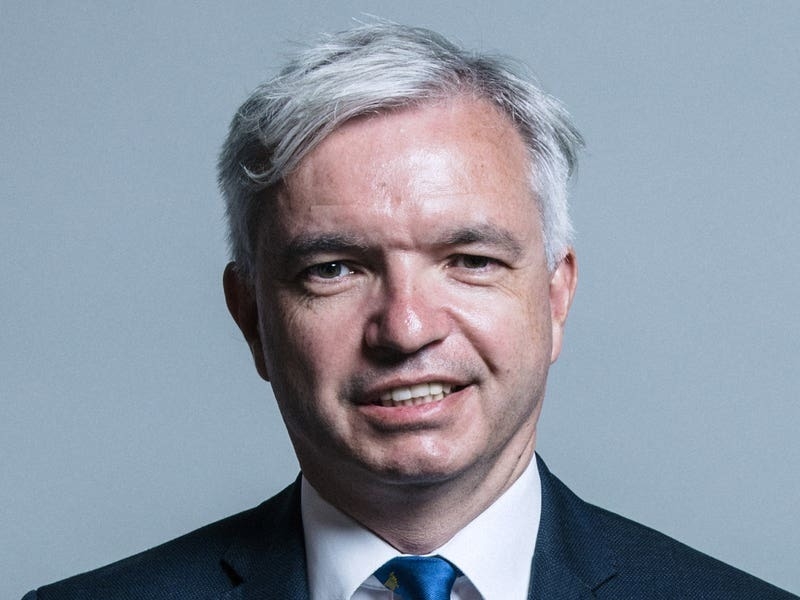Opinion by John Henwood
The 26th Conference of Parties was more notable for the coverage of protesters than the conference itself, which is further evidence, were it needed, that the environmental agenda has not just been captured, but overwhelmed, by the fringe.
So-called ‘news’ coverage spent little time on events at the conference itself; there were few facts, no debate, just an endless stream of speculation and prediction without the examination of substantive supporting evidence. Where was the objectivity, the detachment, the open-minded analysis that we are entitled to expect from professional purveyors of information?
We deserve better than to be endlessly told that we are all doomed. Of course, we may indeed be doomed, but even if that is the position surely we are entitled to expect a mature discussion on the options available to humankind.
In the whole stampede toward carbon neutrality evident at Glasgow I heard not a word about how the world might adapt to climate change, only an ongoing harangue about how we should stop it. No one was even brave enough to ask the question, ‘What if we can’t stop it?’.
It used to be the case that at times of emergency (and even the States of Jersey has said this is one) people would turn to the BBC for an impartial presentation of the facts. Sadly consistent in its bias on climate change, the BBC revelled in the whole circus and, in the eyes of some, further damaged its status as an independent broadcaster of quality by giving extreme views and their propagators so much prominence in their coverage.
During the circus, the occasional minor media commentator might have been heard to say that the planet is likely to continue warming, regardless of human activity and the argument around limiting temperature increase to somewhere between 1.5 and 1.8 degrees is futile, irrelevant and a waste of words. I stress it might have been heard, because one had to listen very carefully, the message not being popular with mainstream media.
The other particularly striking aspect of popular coverage was that Greta Thunberg, darling of the fringe, has run out of new things to say. She has given the same speech so many times – shuffling the words slightly – that it all sounded very blah, blah, blah, precisely the accusation she levelled at conference delegates. Towards the end of the first week she seemed to recognise the problem, rather lamely suggesting it was time to let others speak.
The big top has come down, the ringmaster (or chief clown?) Boris Johnson has gone back to London to resume his disagreements with the EU and delegates from around the world have gone home clutching their duty-free Scotch, their shortbread and tartan scarves. Some have said they will reduce the amount of coal they burn, but Australia, sitting on some of the world’s biggest deposits, will continue to dig it out of the ground as quickly as China can buy it and the United States, also coal rich, will go on burning it along with a number of still developing economies. And to think, in 1984/5 the UK was almost brought to its knees as Arthur Scargill’s miners fought pitched battles with police in protest against plans to close some collieries. How the agenda has changed; today’s protesters would glue their faces to mine shafts to stop coal being extracted.
I struggle to put the whole farrago in a local context. India has set 2070 as the target for carbon neutrality, China 2060. The UK is one of 124 countries to aim for 2050 while Germany and Sweden go for 2045, Iceland and Austria 2040, Finland 2035. Only Uruguay is sufficiently optimistic to go for 2030, the same commitment as that made, at a venture, by Jersey’s government. £50 million of our tax money has already been set aside with, apparently, a further £250 million needed. And for what? Reducing the world’s carbon output by an immeasurably, infinitesimally small amount. In the grand scheme of things, is it worth it? Doubtless each of us will figure it out according to our priorities, but £300 million for a few tons of carbon while China continues to burn billions of tons of coal for the next 40 years seems excessive.
Meanwhile, in a much more meaningful contribution to the debate on the environment, the National Trust for Jersey has sounded a warning. Charles Alluto, the Trust’s chief executive, said we could no longer expect to use Jersey’s natural open spaces, ‘We cannot assume that we should have access to everywhere.’ He said we need areas where wildlife can thrive without disturbance. Agreed. And who better than the Trust, Jersey’s biggest private landowner, to provide such areas? It owns around 1,750 vergees of mainly natural environment – woodland, grass, dunes, scrub – which is some 15% of the Island’s total. What I have difficulty with is Mr Alluto’s suggestion that we should be denied access to common land. Subject only to their members’ agreement, the National Trust can open or close its land to the public as it sees fit, but should it presume to dictate what we do with land owned by the people of Jersey for the enjoyment of all of us?






